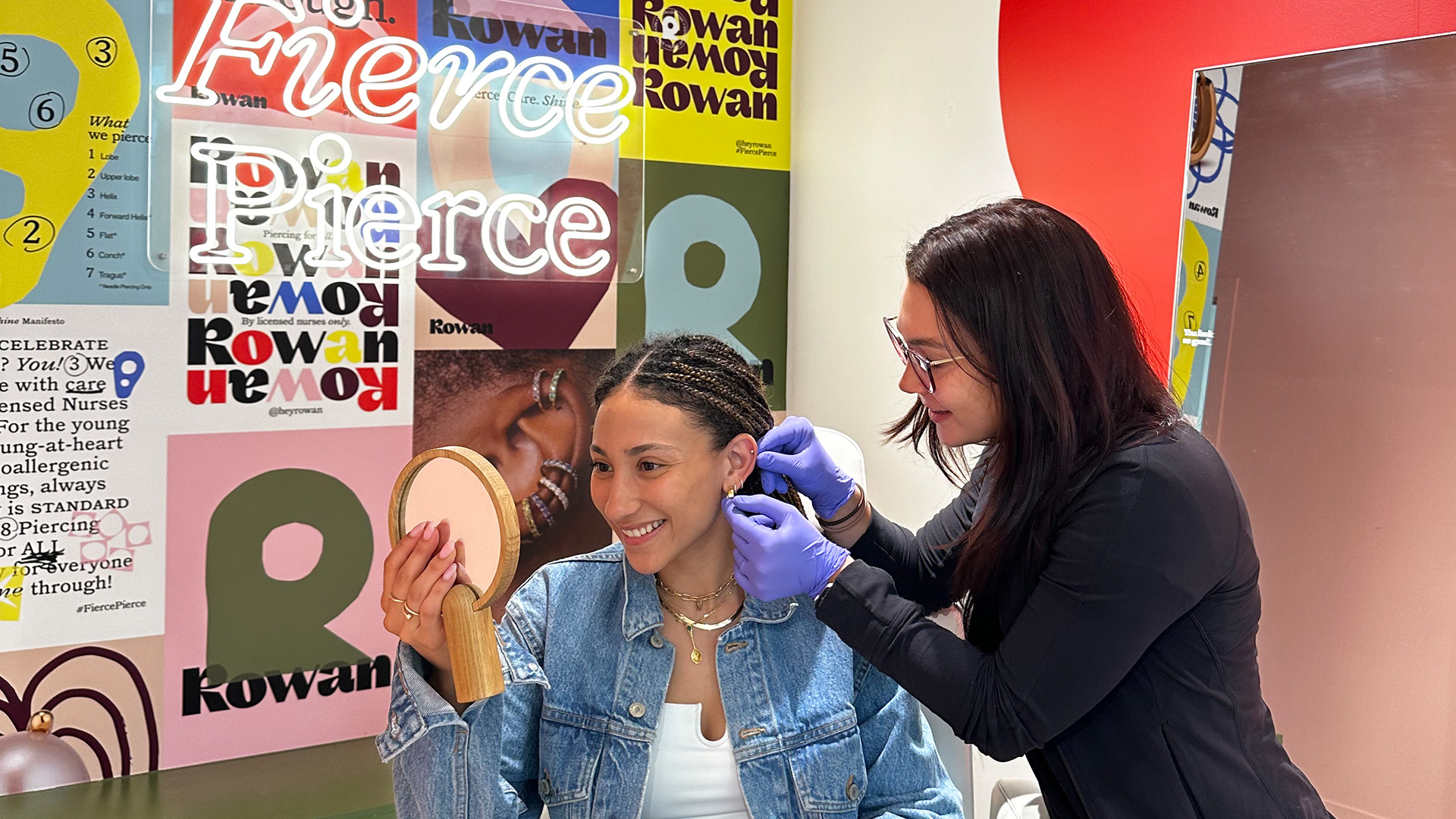Don’t Be Afraid to Double Check Diagnosis – A critical diagnosis will not only affect the type of medication prescribed, but also the dose and frequency at which it is given. Kidney and liver conditions and psychiatric illness are examples of a diagnosis that you should be especially cautious with.
Take Excellent Notes – Chart the patient’s current medications, including any over the counter drugs or vitamins they take at home. Get as much information as possible in order to avoid interaction complications. For female patients you should also note the date of their last menstrual cycle, and note the results of a pregnancy test on the chart.
Know Your High Alert Medications – The Institute for Safe Medication Practices (ISMP) has identified medications that could cause irreversible harm to a patient when administered incorrectly. Know which of these are used in your specialty or facility and commit them to memory so that a red flag goes off in your head the second you see or hear one. The ISMP site also provides other valuable tools and resources that will assist a new nurse in avoiding medication errors.
Avoid Confusing Drug Names – The ISMP has also comprised a list of drugs whose names are often confused, either for their spelling or pronunciation. For example, the diabetes drug Avandia has been mistaken for Coumadin, which is a blood thinner used for cardiac patients. Keep this list handy and double check the order to the drug dispensed to ensure that the patient is being given the right medication.
Re-Organize the Medicine Cabinets – The high alert and confusing drugs identified by the ISMP should be stored apart from others to help remind nurses of their possible risks.
Spell Your Numbers Out – Errors in the dose orders are another common problem that a new nurse should be aware of. If you are calling prescriptions in for a patient, make sure to repeat the instructions out and say each number individually, like “1 – 2” instead of “twelve”.
Continue Your Prescription and OTC Drug Education – Stay current on any new information regarding medications with the latest edition of the “Merck Manual”. You should also familiarize yourself with the expected reaction to medications you administer regularly, and the symptoms a patient would exhibit if they were to receive an overdose. In some cases, the harm to a patient will be significantly minimized if your react properly after a medication error has been made.
Medication errors may seem like the new nurse nightmare come true, and they should. Medical professionals must be overly cautious with medications and their patients throughout every step of their care. Medicine is meant to help alieve pain and cure illness, but it can also be deadly when not handled with extreme care.




